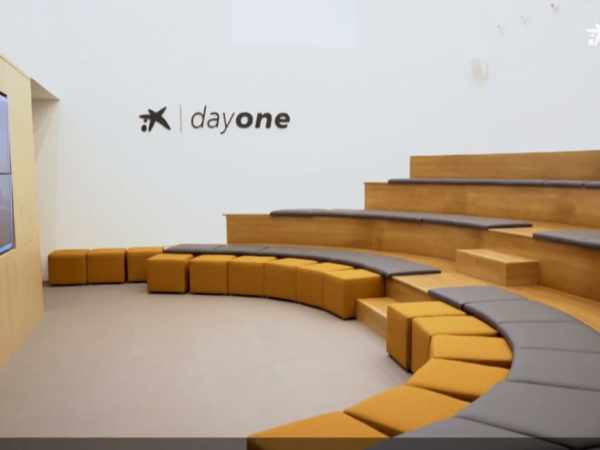Every day new business niches emerge and company structures are changing as the world moves forward. But we must not overlook a fact that may bring about another revolution within the organizational commons: the need to survive by making the best possible decision when faced with difficult choices.

A priori it seems that we are talking about something trivial and that has always been taken into account. The truth is that companies within their differences, their variants and their multitude of sectors in a high percentage of occasions do not make the best possible decision, especially because usually that best way has nothing to do with consensus.
Consensus, the weak point of companies
Approval by all or reaching a common conclusion is often influenced by considerable emotional baggage or even bounded by interests within or outside the team itself or subjected to single-minded thinking.
Therefore, when talking about decision making and effective solutions, it is better to advocate for the democracy of intelligence and not so much for the democracy of the individual that is to say, those decisions whose conception and form of decision making guarantees us the highest possible dose of intelligenceunderstood as maximizing the probability of getting it right.

Current management in companies
The current management of companies often involves making decisions based on minimizing resistance. Managers and managers contribute their opinions and those that generate the least resistance are implemented, on the mistaken understanding that there is the necessary consensus to carry them forward.
In essence, this way of acting produces poor quality decisions by being marked, despite the disguise of an apparent consensus, by a much more individualistic component (today for you, tomorrow for me) than collaborative, which ends up resulting in poor results and lack of real commitment to its implementation.
The best possible decision is weighted by the credibility of the people involved.
Meritocracy of ideas versus democracy of the individual
The successful American entrepreneur, Ray Dalio, has spoken on many occasions about the need for a change of management in business decision making. A new methodology that leaves aside democracy and focuses on a meritocracy of ideas.
With this, one of the 100 most influential people in the world according to Time magazine, considers that the best possible decision is weighted by people’s credibility.

Ray Dalio’s Dot Collector
In an interview for Executive Excellence, Dalio talks about this meritocracy that they have managed to put into practice thanks to a Point Collector. With this application, in their investment fund, Bridgewater Associates, they pool people’s disagreements and different ways of thinking in order to provide a solution based on their credibilities.
This application offers employees the opportunity to rate each other based on 100 different attributes.
Credibility in business teams
Ray Dalio’s line with this system is to make it clear that people have different credibility weightings for certain qualities and situations. These data are extracted through peer ratings and various tests of different types.
Taking into account these results and deepening the understanding of which thoughts are more in line with the situation that the company is questioning, higher quality decisions can be made.
We must take advantage of our technology, people’s expertise and knowledge.

Applications of collective intelligence [artificial]
This entrepreneur seeks with this model to identify and use the best ideas and those superior conceptions arising from interrelationships. However, this requires technology that collects, analyzes, stores and accumulates the scores and ratings.
At CiBUC we focus on the union of people and technology. Hence we speak of collective intelligence [artificial], because we must take advantage of our technology, people’s expertise and knowledge.
More specifically in the ability to generate valuable ideas that serve to generate superior intelligence.
From this intelligence emerging from the adhesion of people’s ideas, emerges what we define as the best possible decision .



